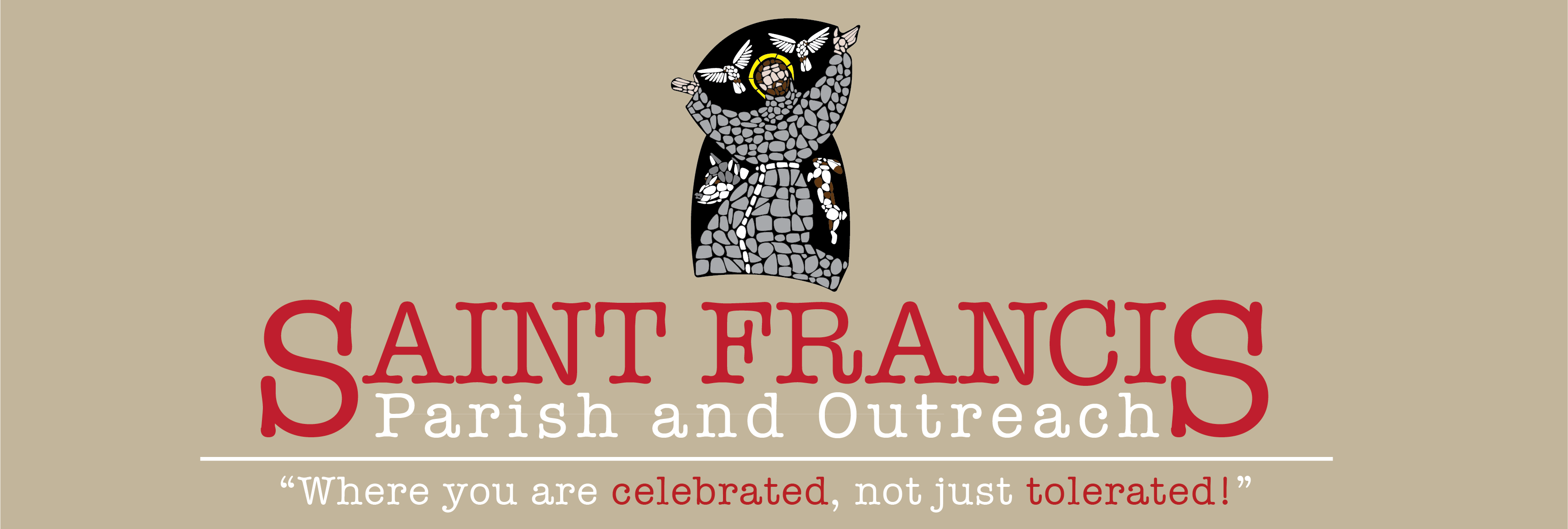The doctrine of the Most Holy Trinity occupies a pivotal place at the heart of Old Catholic belief, revealing the profound mystery of God as one Being in three Persons: the Father, the Son, and the Holy Spirit. This profound concept, though difficult to fully grasp, illuminates the unique and eternal relationship within God’s very nature. A particularly striking passage that sheds light on the Trinity is found in John 16:12–15, where Jesus speaks to his disciples about the coming of the Spirit of truth. In this blog post, we will explore how this scripture offers a window into the dynamic life of the Trinity and inspires us to live in communion with God.
The Trinity: A Mystery of Unity and Diversity
The Catholic understanding of the Trinity is deeply rooted in the belief that God is one in essence but eternally exists in three Persons. This central doctrine is not explicitly spelled out in the Bible but is revealed through the life of Christ and the workings of the Holy Spirit. The concept seems almost paradoxical to human reasoning, yet it is an invitation to delve into the mystery of divine love and unity.
John 16:12–15 captures a moment of intimate teaching by Jesus during the Last Supper. In this passage, He says:
“I have much more to say to you, more than you can now bear. But when He, the Spirit of truth, comes, He will guide you into all the truth. He will not speak on His own; He will speak only what He hears, and He will tell you what is yet to come. He will glorify Me because it is from Me that He will receive what He will make known to you. All that belongs to the Father is Mine. That is why I said the Spirit will receive from Me what He will make known to you.”
Here, Jesus points to the inseparable workings of the Father, the Son, and the Holy Spirit. This passage invites us to reflect on the interplay of roles within the Trinity, showcasing their unity in mission and their diversity in function.
The Spirit of Truth: The Promise of Guidance
In John 16:12–15, Jesus promises the coming of the Holy Spirit, whom He calls the Spirit of truth. The Spirit’s role is to guide the disciples into “all the truth,” an ongoing process of revelation that ensures the Church remains in communion with God’s will. This promise points to the Holy Spirit’s active involvement in the lives of believers, illuminating the teachings of Christ and deepening our understanding of divine mysteries.
The work of the Spirit is also inherently Trinitarian. Jesus emphasizes that the Spirit will not speak on His own but will convey what He hears from the Son, who, in turn, shares all that belongs to the Father. This cyclical flow of knowledge and mission exemplifies the perfect harmony and mutual love within the Trinity. The Spirit, often referred to as the “bond of love” between the Father and the Son, extends this love to humanity, drawing us into the divine life.
Living the Trinitarian Mystery
For Catholics, the doctrine of the Trinity is not merely a theological concept but a lived reality. It calls us to reflect the unity and love of the Trinity in our relationships and communities. Just as the Father, Son, and Holy Spirit exist in perfect communion, we are invited to live in harmony with one another, rooted in the love that originates from God.
The Trinity also reminds us of the mission entrusted to us as followers of Christ. The Spirit of truth continues to guide the Church, enabling us to proclaim the Gospel and bear witness to God’s love in the world. Through prayer, sacraments, and acts of charity, we participate in the life of the Trinity and become instruments of God’s grace.
The Trinity in Worship and Prayer
Catholic worship is deeply Trinitarian, from the sign of the cross to the celebration of the Eucharist. When we begin and end our prayers with “In the name of the Father, and of the Son, and of the Holy Spirit,” we acknowledge the presence and power of the Triune God in our lives. The Mass itself is a profound expression of Trinitarian worship, as we offer praise to the Father, through the Son, in the unity of the Holy Spirit.
John 16:12–15 also enriches our prayer life by reminding us of the Spirit’s role as our guide and advocate. In moments of uncertainty or confusion, we can turn to the Spirit for wisdom and discernment, trusting in His ability to lead us into the truth. This reliance on the Spirit fosters a deeper relationship with Christ and draws us closer to the Father.
Conclusion: Embracing the Mystery
The mystery of the Most Holy Trinity is a source of endless wonder and inspiration for Catholics. It reveals a God who is relational, self-giving, and eternally loving. John 16:12–15 invites us to glimpse the inner life of God and to participate in this divine communion through the guidance of the Holy Spirit.
While the Trinity may remain beyond complete human understanding, it is a gift that enriches our faith and calls us to live in unity, truth, and love. As we reflect on this profound mystery, may we be drawn ever closer to the Triune God, who desires to dwell within us and transform our lives.
Pax et Bonum,
Bishop Greer
